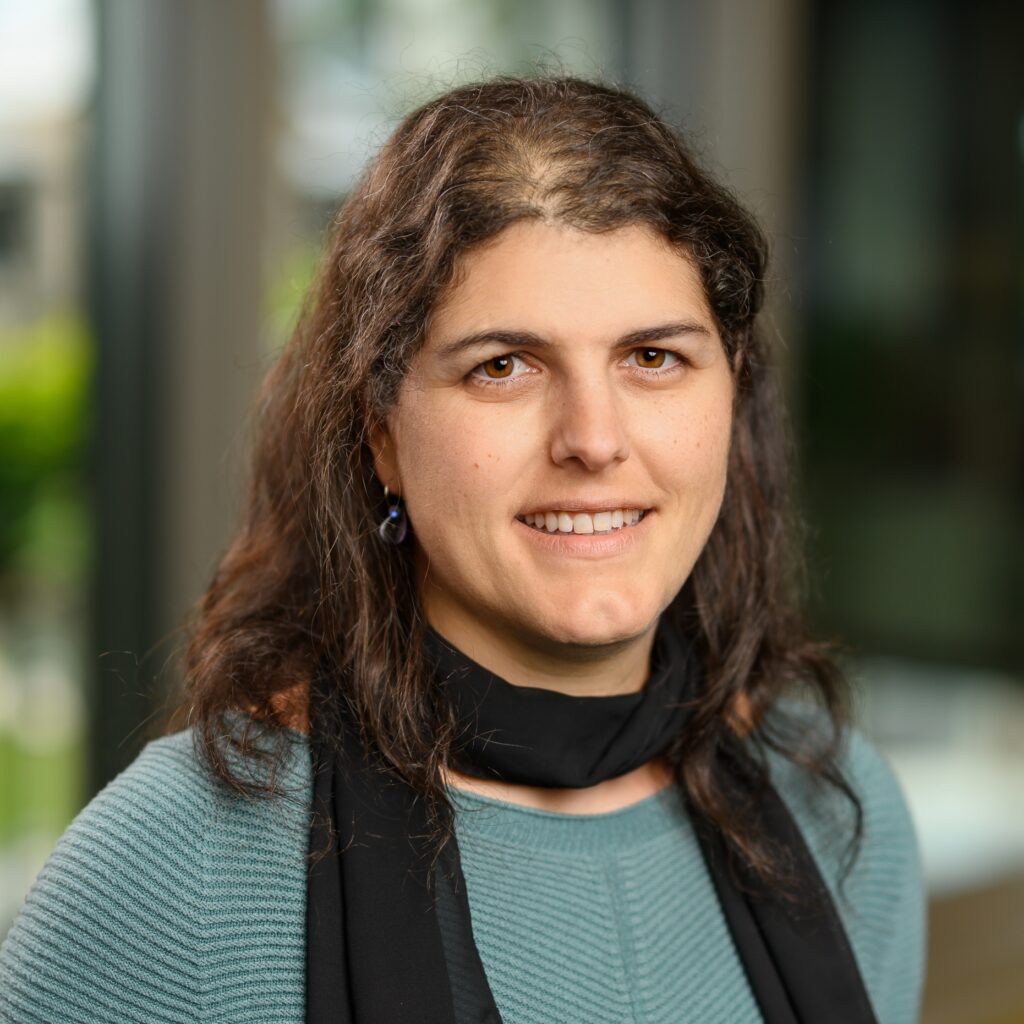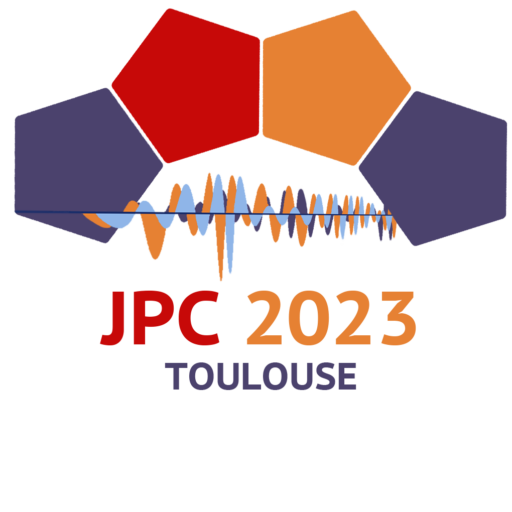Laurianne SITBON
Co-designing smart technologies for self-expression: case studies with people with intellectual disability
Bridging the gap between advances in artificial intelligence and assistive technologies, I will discuss why and how we can co-design pictorial visual communication applications with people with intellectual disability or autism and community members. Through this discussion, I will illustrate the approaches we have developed based on individuals and their competencies, such as self-expression by design and competency-based design. I will then showcase some of the work we have conducted to codesign technologies that can encourage self-expression and amplify the voices of people with intellectual disability, including when they participate in research. I will particularly emphasise the potential for online materials to offer virtually unlimited resources to support communication and connection with others. Finally, I will offer some reflections on how voice-based interactive systems can adapt to emphasise the voices of people with intellectual disability when they are supported to use them, and how multi-modality may account for people’s diverse ways of expressing themselves verbally.

Biographie
Laurianne is a Future Fellow of the Australian Research Council (ARC), and Associate Professor in the School of Computer Science at the Queensland University of Technology (QUT) in Brisbane, Australia. She is co-lead of the Human Interaction program of the QUT Centre for Robotics, chief investigator in the QUT Centre for Justice, and Academic Lead Diversity and Inclusion in the School of Computer Science.
Her research expertise now spans human computer interactions (with a focus on co-design and cognitive accessibility), natural language processing (with a focus on semantics), and information retrieval. Her current projects include the requirements of multi-modal conversational systems that can best support the needs of people with intellectual disability (https://research.qut.edu.au/dplab/research/a-pictorial-communication-framework-for-inclusion/), and more generally how people, such as experts, can “converse” with systems, which analyse data and make predictions, to assist them in making decisions (https://research.qut.edu.au/dplab/research/human-machine-teaming).
She obtained her PhD in Computer Science from the University of Avignon in France, in 2008.
